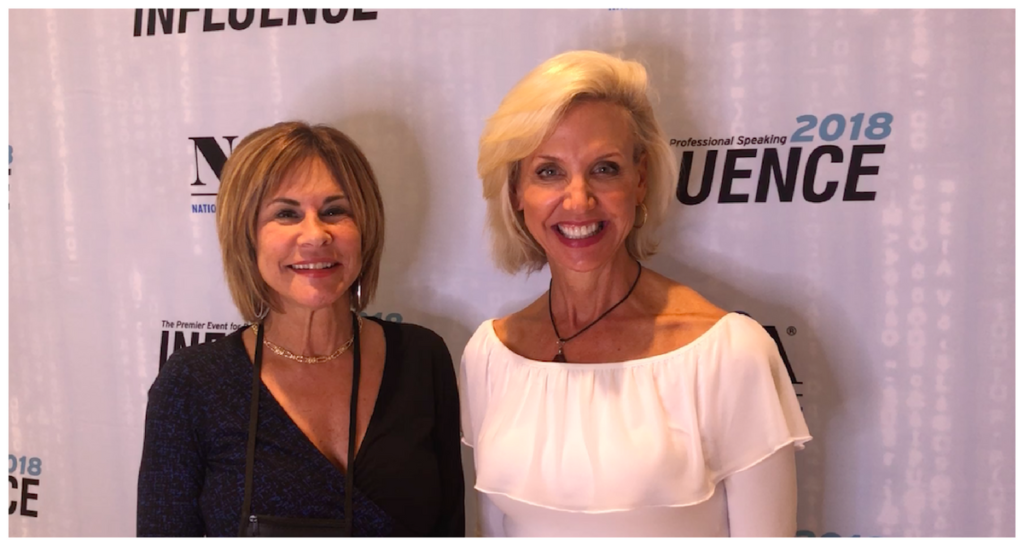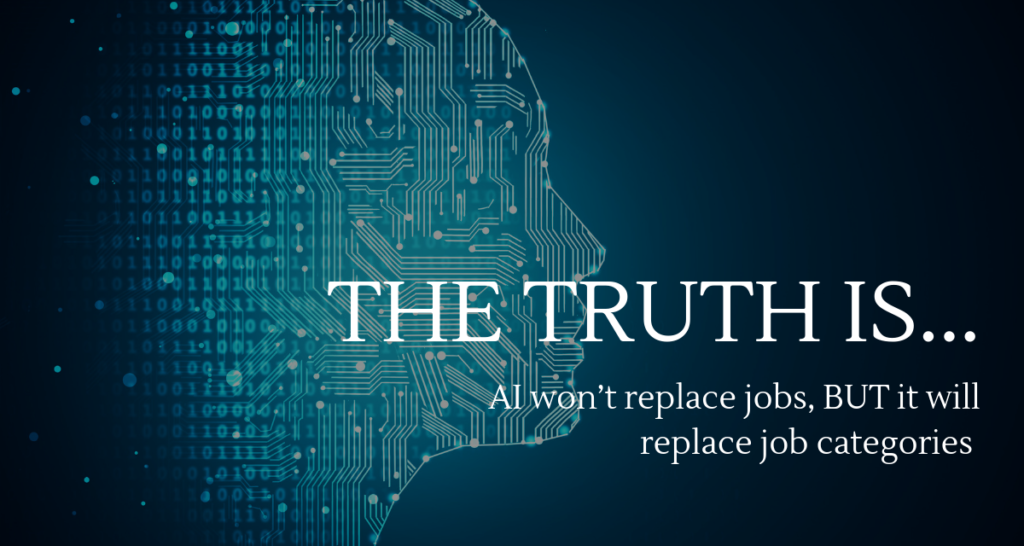
For as long as humans have inhabited earth, we have struggled with the tension between how we want our lives to be and how they really are. Where I went to be versus where I ended up. After studying top performers for over 30 years, I can assure you, top performers resolve this tension in entirely different ways from those they outperform.

In his book The Road to Character, David Brooks discusses the difference between “resume virtues” and “eulogy virtues.” Resume virtues are those skills you bring to the marketplace—qualities like drive, competition, and gregariousness. The Eulogy virtues are the ones people will talk about at your funeral.

Remember the lion in the Wizard of Oz? He traveled far, risked his life, and defeated the Wicked Witch of the West in the hopes that when he reached the Emerald City, the great Oz would grant him courage but it was all smoke and mirrors. Too often salespeople hope someone, anyone, will give them the answer. But no one will ever hand you a badge of courage unless you earn it.








